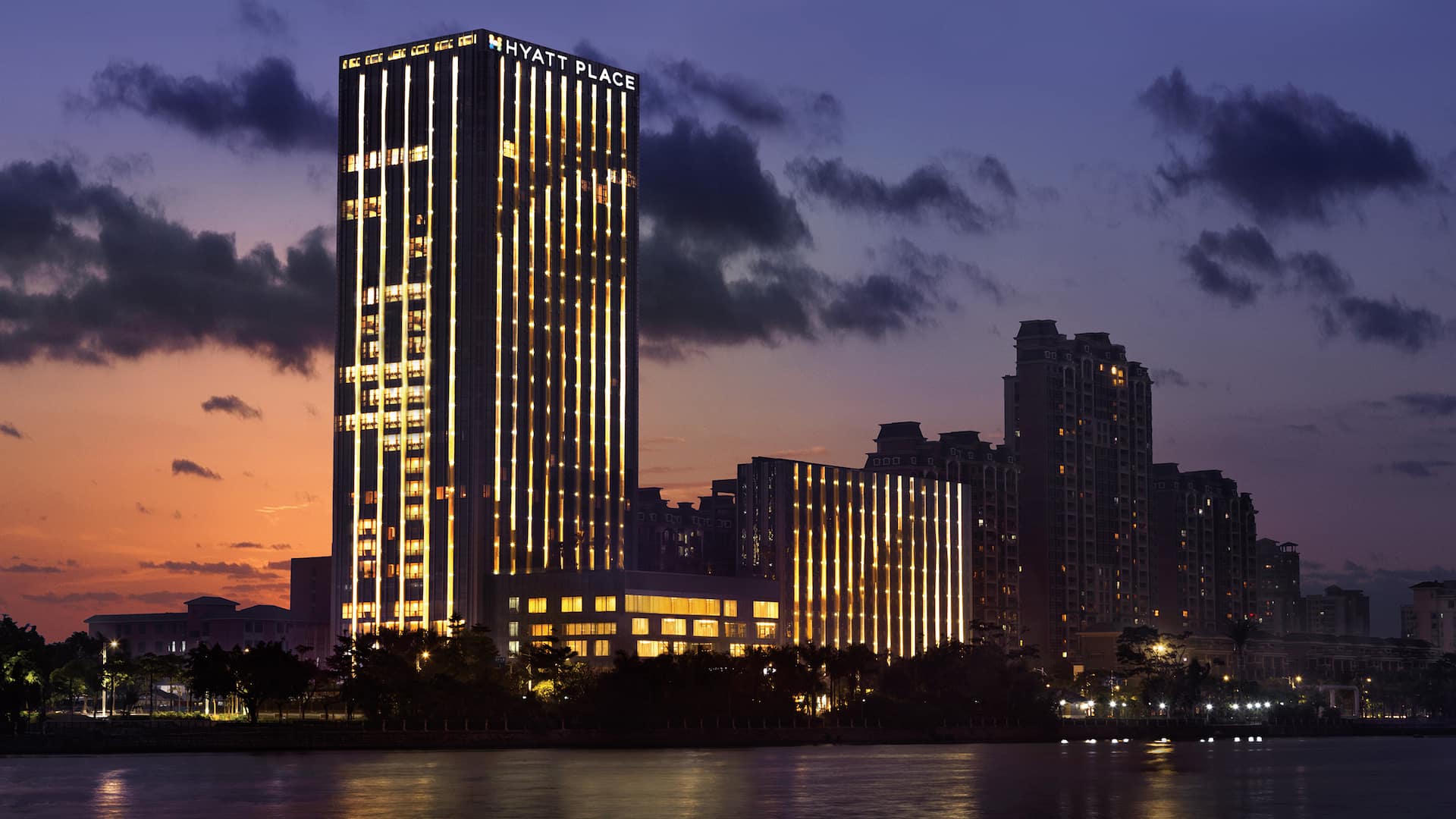A seven story fully functional hotel in the city of zhuhai in china was put together in a record breaking 12 days

A Seven-Story Hotel Built in Just 12 Days: A Record-Breaking Feat in China

In an astonishing display of efficiency and construction prowess, a fully functional seven-story hotel was built within a mere 12 days in the city of Zhuhai, China. Breaking records and pushing the boundaries of construction speed, this engineering marvel has captured the attention of the world.
The construction project, known as the Hyatt Place Hotel, was completed at an incredible pace using a method called prefabrication. This innovative technique involves manufacturing and assembling building components off-site before transporting and rapidly erecting them on-site, drastically reducing construction time and costs.

Prefabrication has been gaining traction in recent years due to its ability to streamline construction processes, improve quality control, and enhance sustainability. It involves constructing individual modules, including walls, floors, and ceilings, in a controlled factory environment. These modules are then transported to the construction site and meticulously assembled, much like Lego blocks, to form the final structure.
The Hyatt Place Hotel project in Zhuhai utilized this technique to its fullest potential. The hotel’s components were prefabricated with precise measurements and specifications, guaranteeing both structural integrity and aesthetic appeal. This method minimized on-site construction work, further reducing noise, dust, and disturbances in the surrounding area.
Such speed and efficiency would not have been possible without careful planning and coordination. A dedicated team comprised of architects, engineers, and construction workers collaborated seamlessly, optimizing every aspect of the building process. Advanced technology and machinery were also employed to ensure swift and accurate assembly of the modular components.
The success of the project not only serves as a testament to China’s construction capabilities but also highlights the advantages of prefabrication. Beyond the record-breaking speed, this method offers several significant benefits. It reduces material waste, energy consumption, and carbon emissions. Additionally, it allows for greater flexibility and adaptability in design, enabling architects to create unique and innovative structures.
While critics may argue that such rapid construction sacrifices quality or durability, rigorous quality control measures have been implemented to ensure that the building meets all necessary safety requirements. The materials used in prefabricated construction are carefully selected and tested to provide optimal strength and longevity.
This groundbreaking feat in Zhuhai sets a new standard for the construction industry, inspiring architects, engineers, and developers worldwide to embrace innovative techniques that can revolutionize the way we build. With the rising demand for sustainable and efficient construction, prefabrication offers an exciting avenue for meeting these challenges head-on.
As the world marvels at the remarkable achievement of the Hyatt Place Hotel in Zhuhai, it serves as a reminder that when ingenuity, technology, and collaboration converge, remarkable feats can be realized in record-breaking timeframes.
Tags
Share
Related Posts
Quick Links
Legal Stuff

